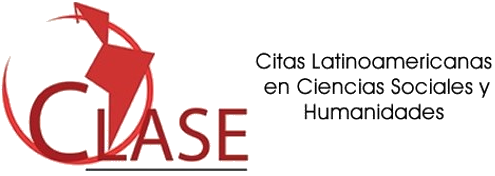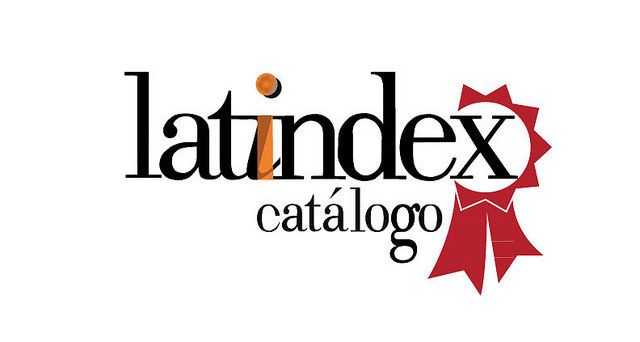Inequality Is Always Political
DOI:
https://doi.org/10.29340/en.v2n4.97Keywords:
Social inequality, power, politics/policy, social action, distribution and redistributionAbstract
This reflection on Juan Pablo Pérez Sáinz’s proposal regarding secondary groups’ inequality-related consequences and responses –which delves into migration, violence, religiosity and collective action– advocates re-centering discussions of Latin American social inequalities. Reygadas proposes a number of reflections on the relationship between social actions and inequality. He asserts that social disparities are not sufficient to explain the responses Pérez Sáinz has emphasized. We must understand that persistent inequality-reproduction occurs over the long-term whereas social actions exert short-term impacts and additionally require transformations in other links along the reproduction chain. Ultimately the essay nuances Pérez Sáinz’s emphasis on basic-market (land, labor and capital) distribution; from Reygadas’s perspective, the locus of inequality also lies in re-distribution, through progressive tax structures, in the economy and in public policy, in markets, society and public institutions and, not least of all, in material distribution and symbolic configurations.
Downloads
References
Adelman, Jeremy y E. Hershberg (2007). “Desigualdades paradójicas: ciencias sociales, sociedad e instituciones en América Latina”, en Working Papers Series, núm. 2. Miami: Universidad de Miami/Observatory on Structures and Institutions of Inequality in Latina America
Campbell, Tom (2002). La justicia. Los principales debates contemporáneos. Barcelona: Gedisa.
Lenski, Gerhard (1969). Poder y privilegio. Teoría de la estratificación social. Buenos Aires: Paidós.
Marx, Carlos (1974) [1867]. El capital. Crítica de la economía política, vol. 1. México: Fondo de Cultura Económica.
Nozick, Robert (1974). Anarchy, State and Utopia. Nueva York: Basic Books.
Pérez Sáinz, Juan Pablo (ed.) (2012). Sociedades fracturadas. La exclusión social en Centroamérica. San José: flacso.
Pérez Sáinz, Juan Pablo (2014). Mercados y bárbaros. La persistencia de las desigualdades de excedente en América Latina. San José: flacso.
Pérez Sáinz, Juan Pablo y M. Mora (2009). “Excedente económico y persistencia de desigualdades en América Latina”, en Revista Mexicana de Sociología, año 71, núm. 3, pp. 411-451.
Piketty, Thomas (2013). Le capital au xxie siècle. París: Seuil.
Proudhon, Pierre-Josep (1993) [1840]. What is property? An enquiry into the principle of right and of government. Nueva York: Fertig
Sen, Amartya (1999). Development as Freedom. Nueva York: Alfred A. Knopf.
Stiglitz, Joseph (2002). Globalization and its Discontents. Londres: Allen Lane-The Penguin Press.
Tezanos, José Félix (2001). La sociedad dividida. Estructuras de clases y desigualdades en las sociedades tecnológicas. Madrid: Biblioteca Nueva.
Weber, Max (1996) [1922]. Economía y sociedad. Ensayo de sociología comprensiva. México: Fondo de Cultura Económica.
Downloads
Published
Issue
Section
License
Copyright (c) 2019 Encartes Antropológicos

This work is licensed under a Creative Commons Attribution-NonCommercial 4.0 International License.
Aviso de derechos de autor
- Los autores/as conservan los derechos de autor y ceden a la revista el derecho a la primera publicación con el trabajo registrado con la licencia de atribución Creative Commons, que permite a terceros utilizar lo publicado siempre que mencionen la autoría del trabajo y a la primera publicación en esta revista
- Los autores/as pueden realizar otros acuerdos contractuales independientes y adicionales para la distribución no exclusiva de la versión del artículo publicado en esta revista (por ej. Incluirlo en un repositorio institucional o publicarlo en un libro) siempre que indiquen claramente que el trabajo se publicó por primera vez en esta revista.
El material puede ser copiado, distribuido, comunicado, ejecutado públicamente. Se pueden hacer obras derivadas de él. No se puede utilizar para fines comerciales. Se debe reconocer y citar la obra de la forma en que tú especifiques.










